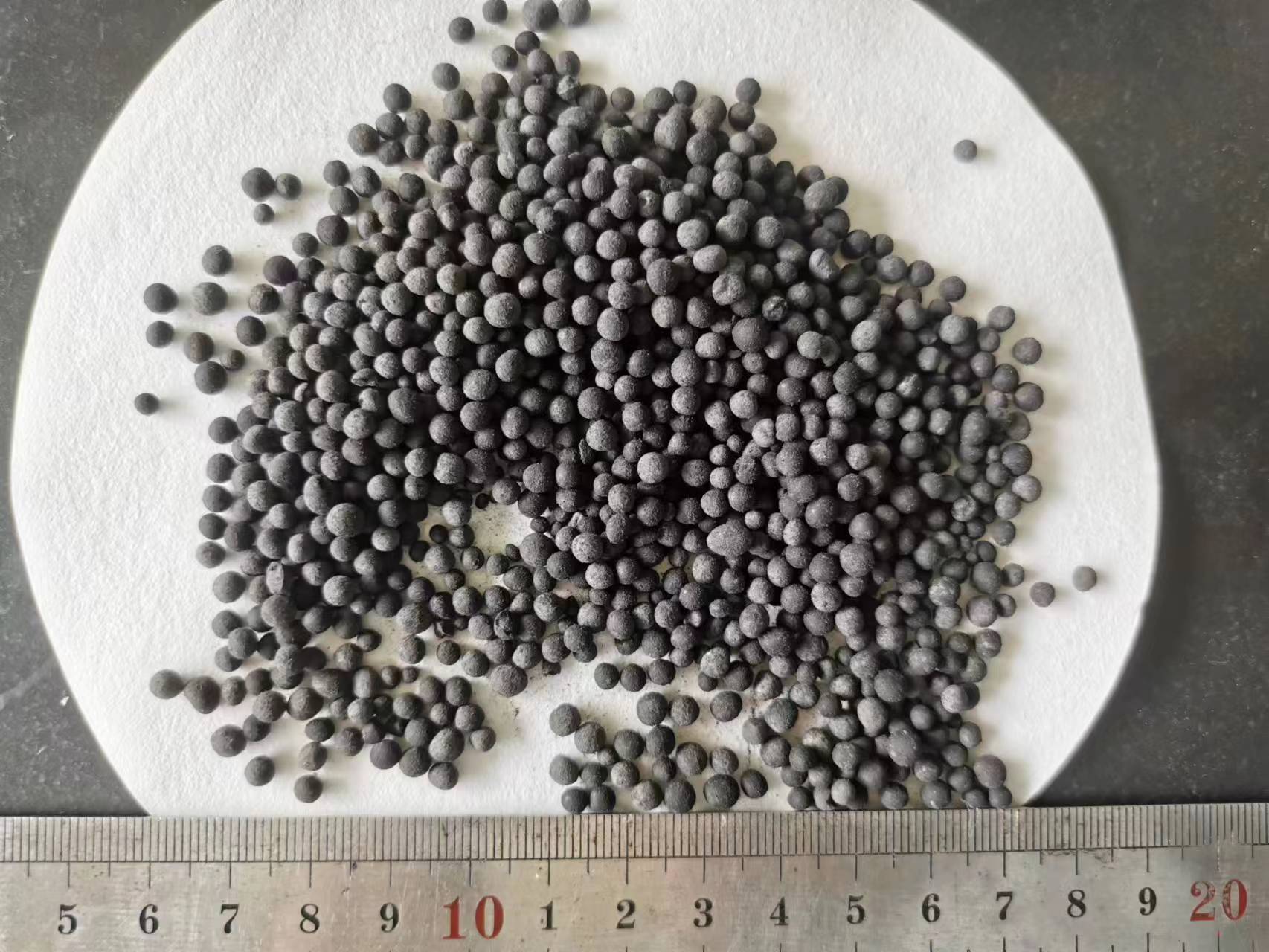Seaweed fertilizer refers to a fertilizer made from large seaweeds grown in the ocean, which are processed to extract the effective components through chemical, physical, or biological methods. It is applied to plants as a nutrient to promote plant growth, increase yield, and improve the quality of agricultural products.
Characteristics of seaweed fertilizer:
Seaweed fertilizer contains natural substances such as plant growth hormones, cytokinins, cell division-like substances, polyphenols, and antibiotic-like substances. These substances have high biological activity and can stimulate the production of non-specific active factors in plants, regulate the balance of endogenous hormones, promote photosynthesis in plants, and improve the coordinated growth and development of crops. They also enhance the vitality of plants and their resistance to various adversities such as diseases, pests, drought, waterlogging, and low temperatures.
Compared to chemical fertilizers, seaweed fertilizer has incomparable advantages in terms of increased yield, stress resistance, naturalness, and non-toxic side effects. In addition to promoting crop growth, root development, and photosynthesis, seaweed extract, as a natural product, is rich in proteins, amino acids, carbohydrates, inorganic salts, vitamins, plant hormones, polyphenols, polysaccharides, and other biologically active substances, which can greatly improve crop quality, enhance disease resistance, cold resistance, drought resistance, promote early ripening of fruits, and increase economic value.
Seaweed fertilizer can be combined with chemical fertilizers to create organic-inorganic compound fertilizers, which enhance fertilizer efficiency, improve soil structure, increase soil permeability and water-holding capacity, and prevent soil degradation. The inclusion of mannitol significantly increases the water absorption and retention capacity of crops, as well as the chlorophyll content, increasing leaf area by more than 10%. Abscisic acid regulates leaf stomatal closure, reducing water loss in crops and reducing fertilizer and water usage by about one-third.
Advantages of seaweed fertilizer compared to traditional fertilizers:
Seaweed fertilizer is a natural seaweed extract that is harmless to humans and animals and does not pollute the environment. The special component of seaweed, seaweed polysaccharides, not only can chelate heavy metal ions but also increase soil permeability. This soil conditioning effect makes the soil resistant to erosion by wind, water, and other factors. The unique stress resistance of seaweed reduces the amount of pesticides used.
The effective ingredients of seaweed fertilizer, after special processing, become small molecules that are easily absorbed and transported by plants. They are highly soluble in water and can be rapidly absorbed, transported, and utilized by plants within a few hours after application. The seaweed acid in seaweed fertilizer can reduce the surface tension of water, stabilize its active ingredients, and make it easier to store and use. It is highly beneficial for plants to absorb and utilize various nutrients and ensure their effectiveness. Seaweed fertilizer can also be mixed with most pesticides and chemical fertilizers, enhancing their effectiveness. Being a biologically integrated fertilizer that combines nutrition and conditioning, it achieves effects that other fertilizers cannot with its unique composition, applied to plants in tiny amounts.
Experiments and demonstrations in 16 provinces, municipalities, autonomous regions, as well as in countries such as Thailand and Australia, on dozens of crops including grain crops, cash crops, fruit trees, and flowers, have proven that seaweed fertilizer can increase yields by 8.6%-36.5%, with a input-output ratio of 1:8.3-225.
Domestic and international practices have confirmed that seaweed can significantly improve the quality and market value of agricultural products. For example, it can increase the oil content of oil crops, sugar content of sugar crops, and enhance the sweetness, flavor, and color of fruits. It also improves the appearance of products and promotes early ripening, early market access, and extended storage life of crops.
Post time: Jan-08-2024






